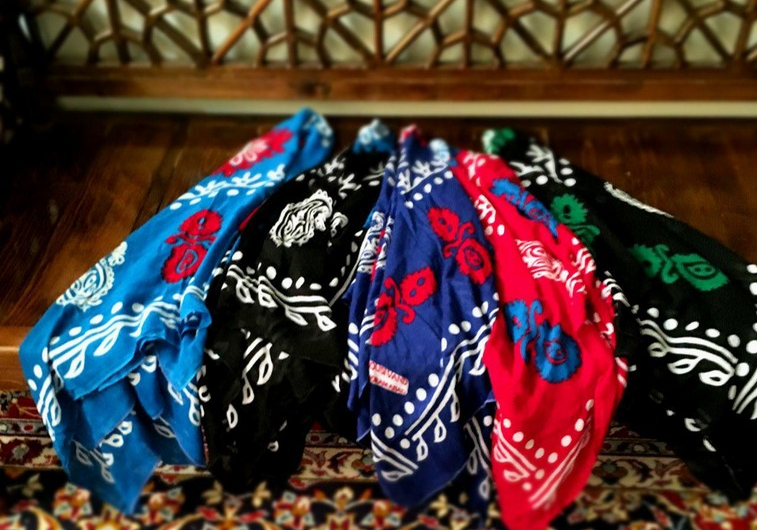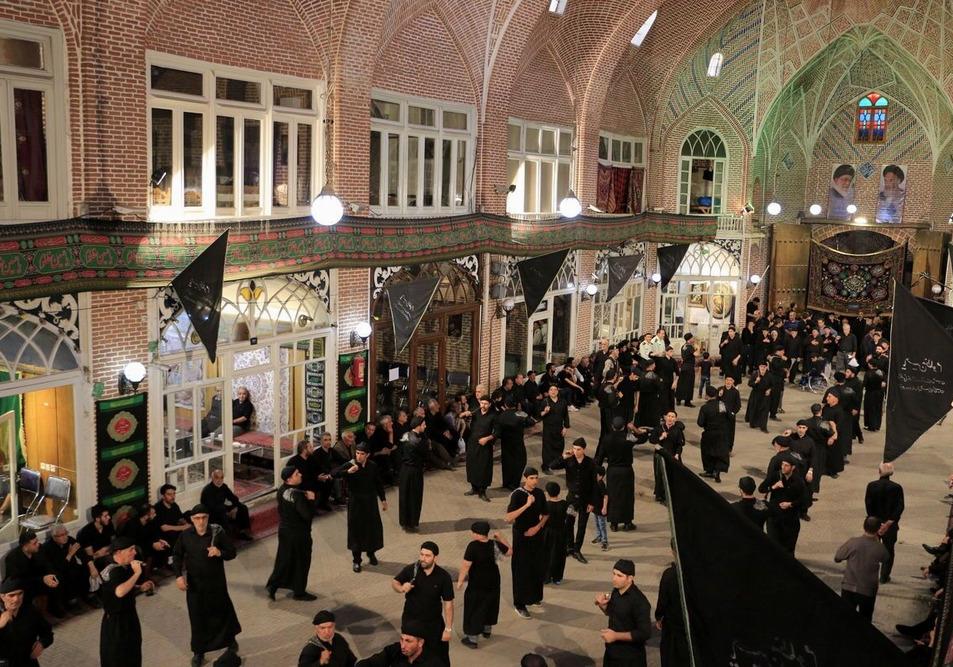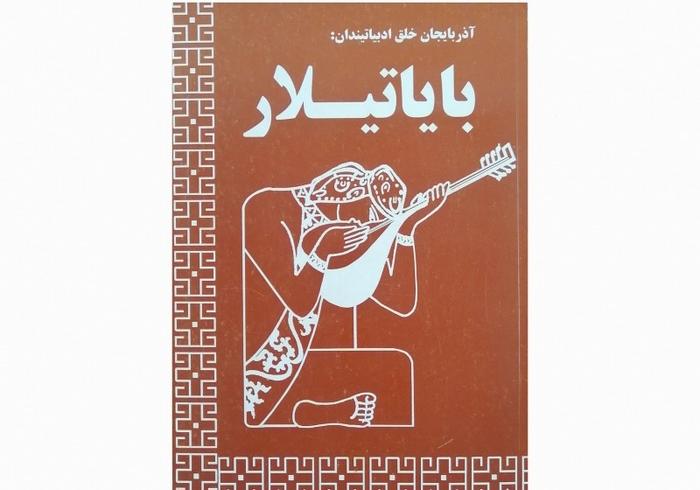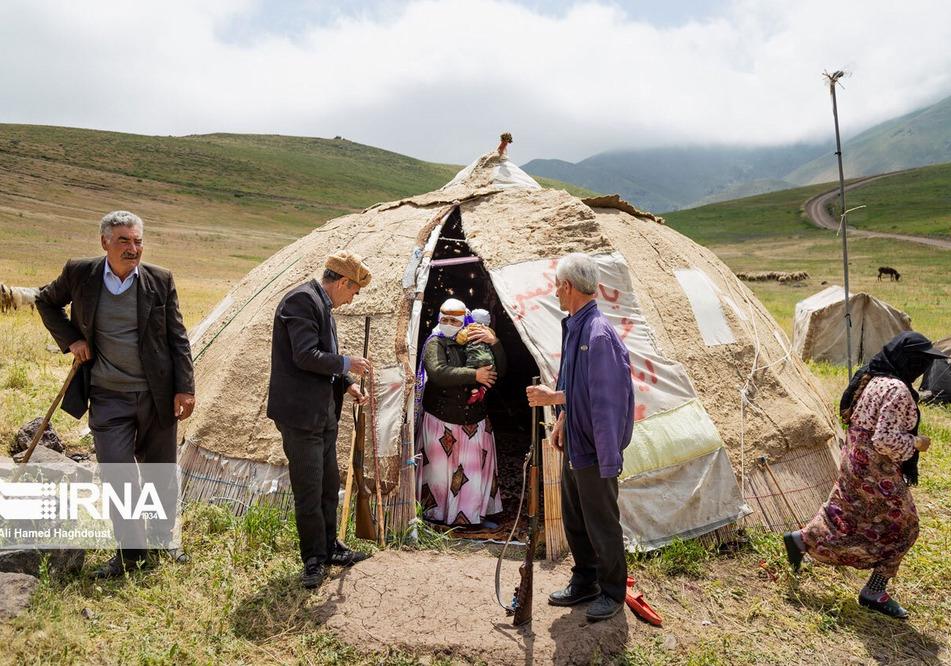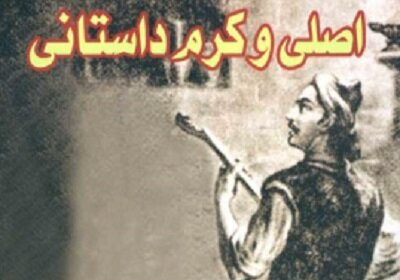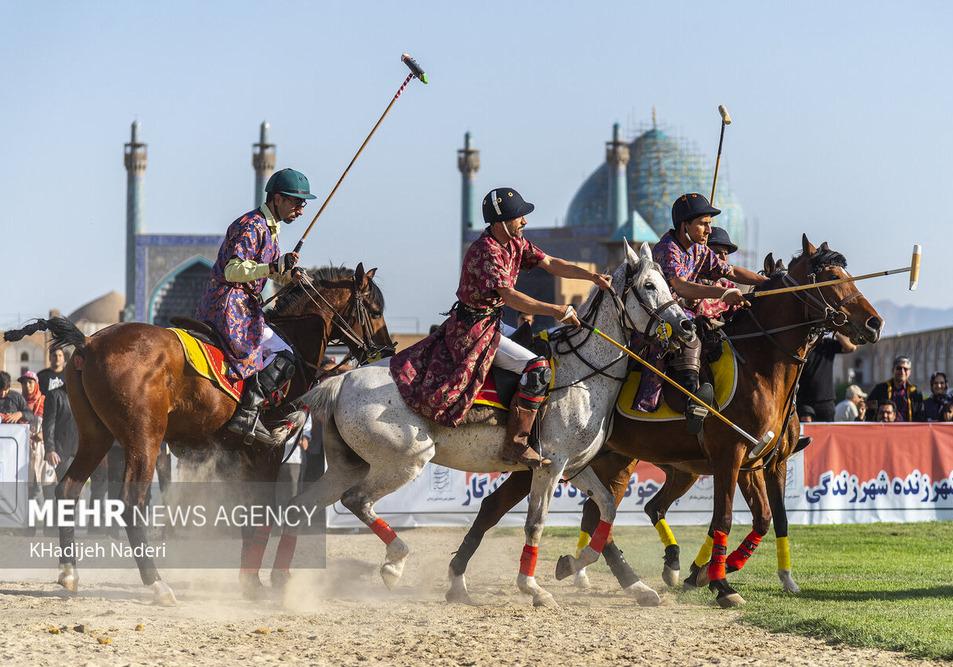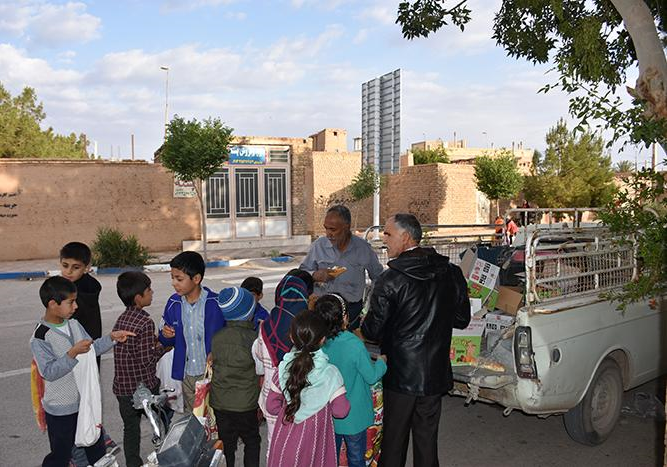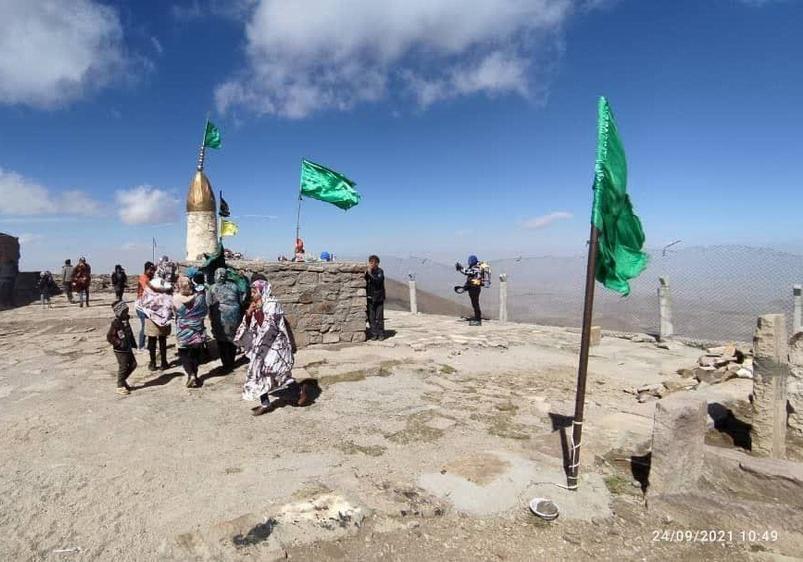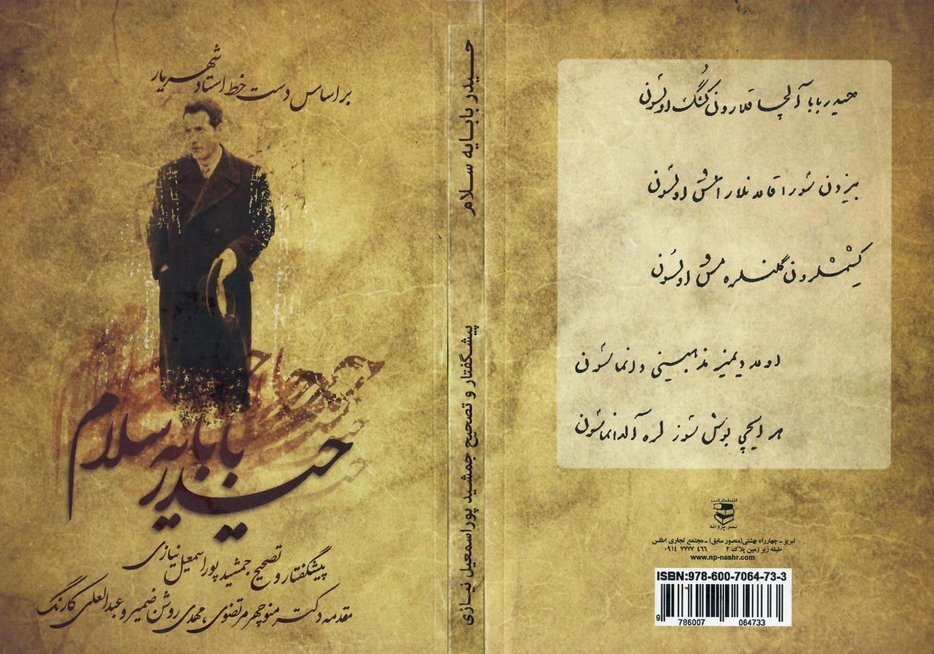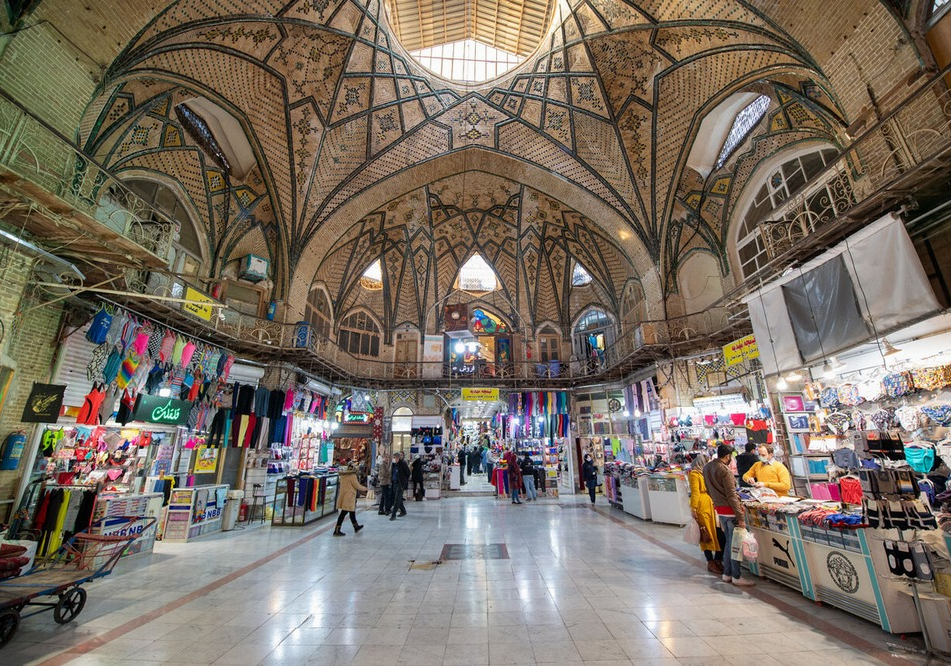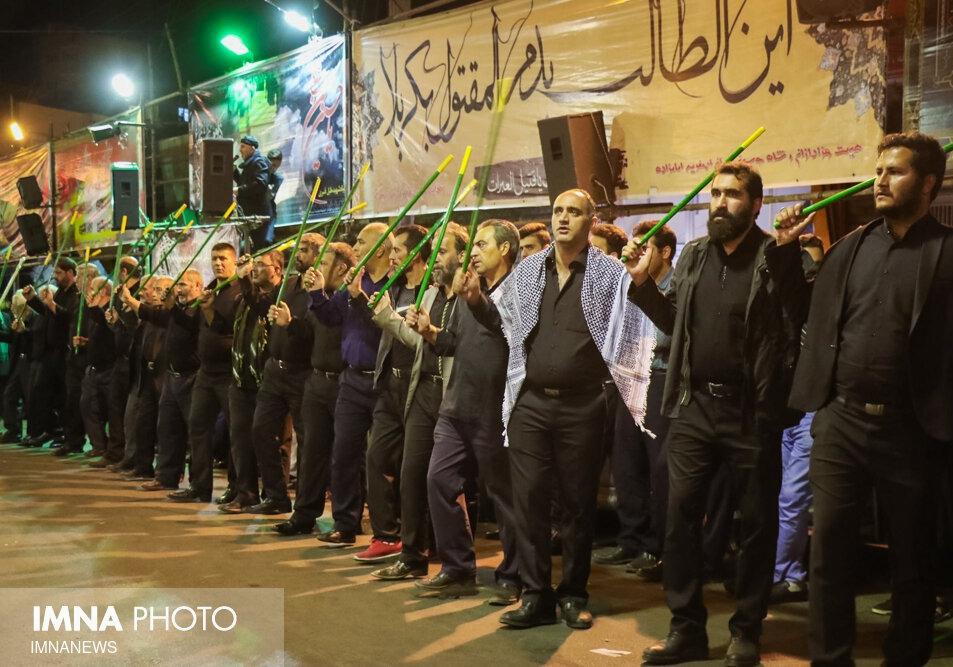
Esfandi Custom of Meybod
Marriage is one of the most important traditions in human societies, which has various religious, social, and personal aspects. In Iran, many customs have been formed around marriage, most of which revolve around holding a happy ceremony and giving gifts to the bride and groom. The custom of giving “Esfandi” is one of the most special customs in Meybod, which continues to be practiced in the same way as in the past in this ancient city.
Where Is Meybod?
Meybod City is situated in the northwest of Yazd city and on the road from Tehran to Bandar Abbas. Meybod is an ancient city and some experts have claimed that this city should be considered one of the oldest human settlements in central Iran. The discovery of some artifacts with motifs from the Elamite civilization (3rd millennium BC) confirms this claim. Meybod is 1034 meters above sea level and is famous for the adobe architecture of its houses. Zilu (rug) is the main product of Meybod handicrafts, which is considered a type of mat used for covering the floor. Zilu is woven with cotton yarn, and for this reason, it has good coolness and is very popular in desert areas. In 2018 AD Meybod was selected as the Global City of Zilu.
Esfandi Custom and Its Features
The People of Meybod City usually perform the Esfandi ritual from the 25th of the Iranian month of Bahman to the 1st day of the next month, i.e. Esfand (13th to 19th February). In the old calendars that were more popular among farmers, the day that today is counted as the 25th of Bahman in the calendar was considered the first day of Esfand. In the past, the people of Meybod used to go to Ardakan, which was located in the neighborhood of this city, on the first day of Esfand - according to the old calendar - and buy sweets such as Zulbiya, Pashmak, and Ardeh halva - to be ready to welcome Nowruz - and used to call this custom “Esfandi Shopping”.
How Is the Esfandi Custom Performed?
In the Esfandi custom, a gift is given to the bride from the groom’s family. Usually, this gift includes sweets and a piece of cloth with which they sew clothes or chador. The sweets usually consist of zulbia, one of the traditional Yazdi sweets, but sometimes halva, haji badami, cotton candy, and sugarloaf are also gifted instead of zulbia. Of course, several of these sweets may be given to the bride together, but in any case, one or more types of sweets must be part of the Esfandi gift. Giving other gifts depends upon the financial status of the groom's family. The richer the Esfandi gift, the sign of more respect the groom’s family has for the bride. Therefore, sometimes shoes, velvet cloth, jeweled rings, and gold ornaments are also gifted to the bride. In the past, when the people of Meybod, who had sons and went to Hajj, they bought a piece of gold during their journey and kept it for their future bride. Sometimes this piece of gold was presented in the Esfandi ceremony, but most of the people gave this piece of gold to the bride on Nowruz Eid. Another custom that was practiced in the past was called “Shagerdouni Gereftan”, in which the bride’s family - in response to the gifts given to their daughter - filled a tray containing gifts consisting of sugarloaf, sweets, and/or pieces of cloth suitable for both women’s and men’s clothing and presented it to the groom’s parents.
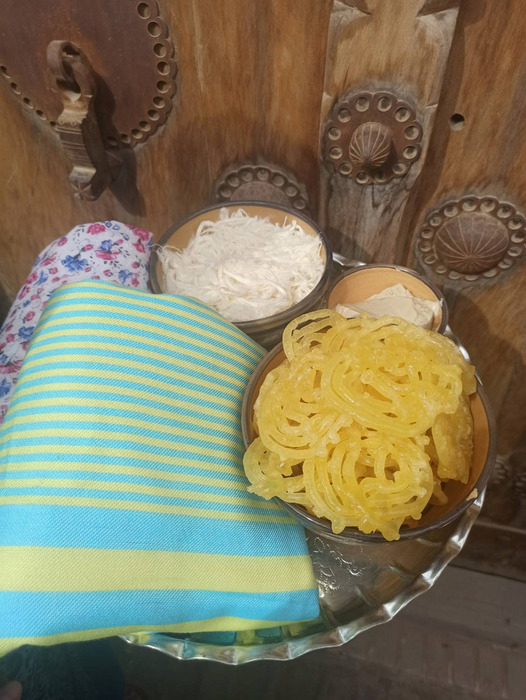
In Meybod, the groom's family places the Esfand gift on a tray and presents it to the bride
This custom is performed in the first month of Esfand after the girl’s marriage. There is usually a gap of several months between the Nikah ceremony and the wedding when the bride and groom move in together.
If this distance includes the month of Esfand, the Esfandi gift is taken to the bride’s father’s house. But if the bride and groom have moved in together, the groom’s parents take Esfandi to their son’s house to present to their bride. To give Esfandi to the bride, some families went to the bride’s father’s house in groups, and sometimes only the groom’s parents accompanied the groom to the bride’s house to give gifts.
| Name | Esfandi Custom of Meybod |
| Country | Iran |
| State | Yazd |
| City | Meybod |
| Type | Artistic |
| Registration | No registration |
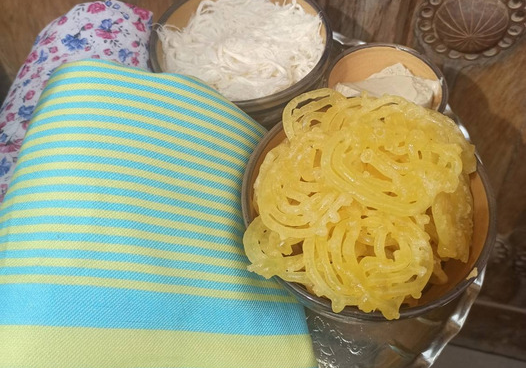
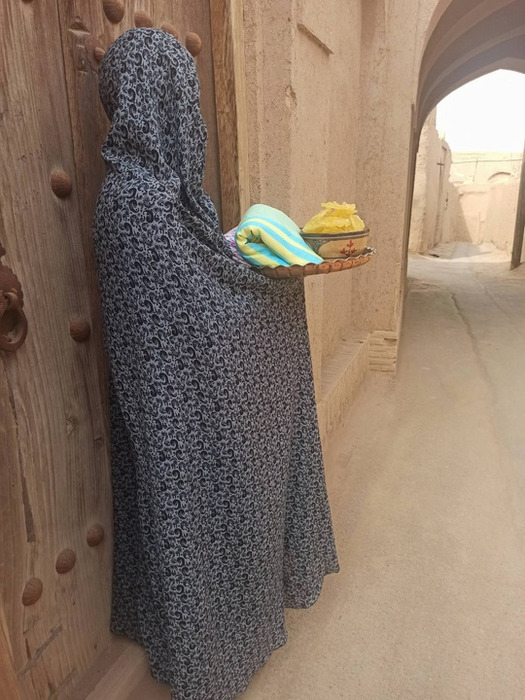
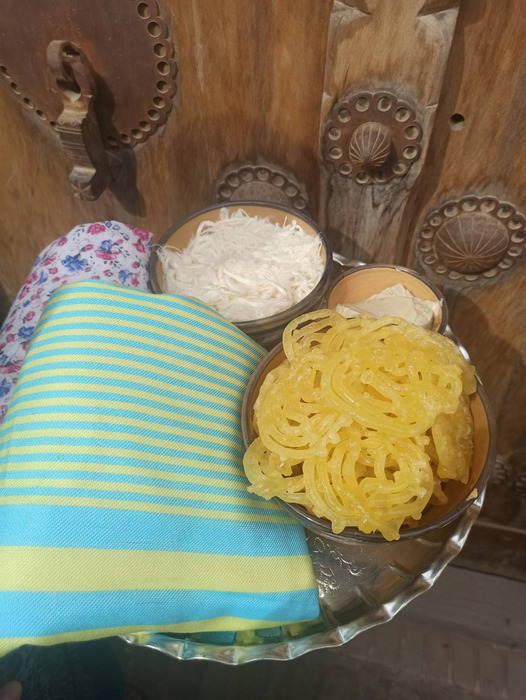



Choose blindless
Red blindless Green blindless Blue blindless Red hard to see Green hard to see Blue hard to see Monochrome Special MonochromeFont size change:
Change word spacing:
Change line height:
Change mouse type:
-5-th4_3.jpg)
